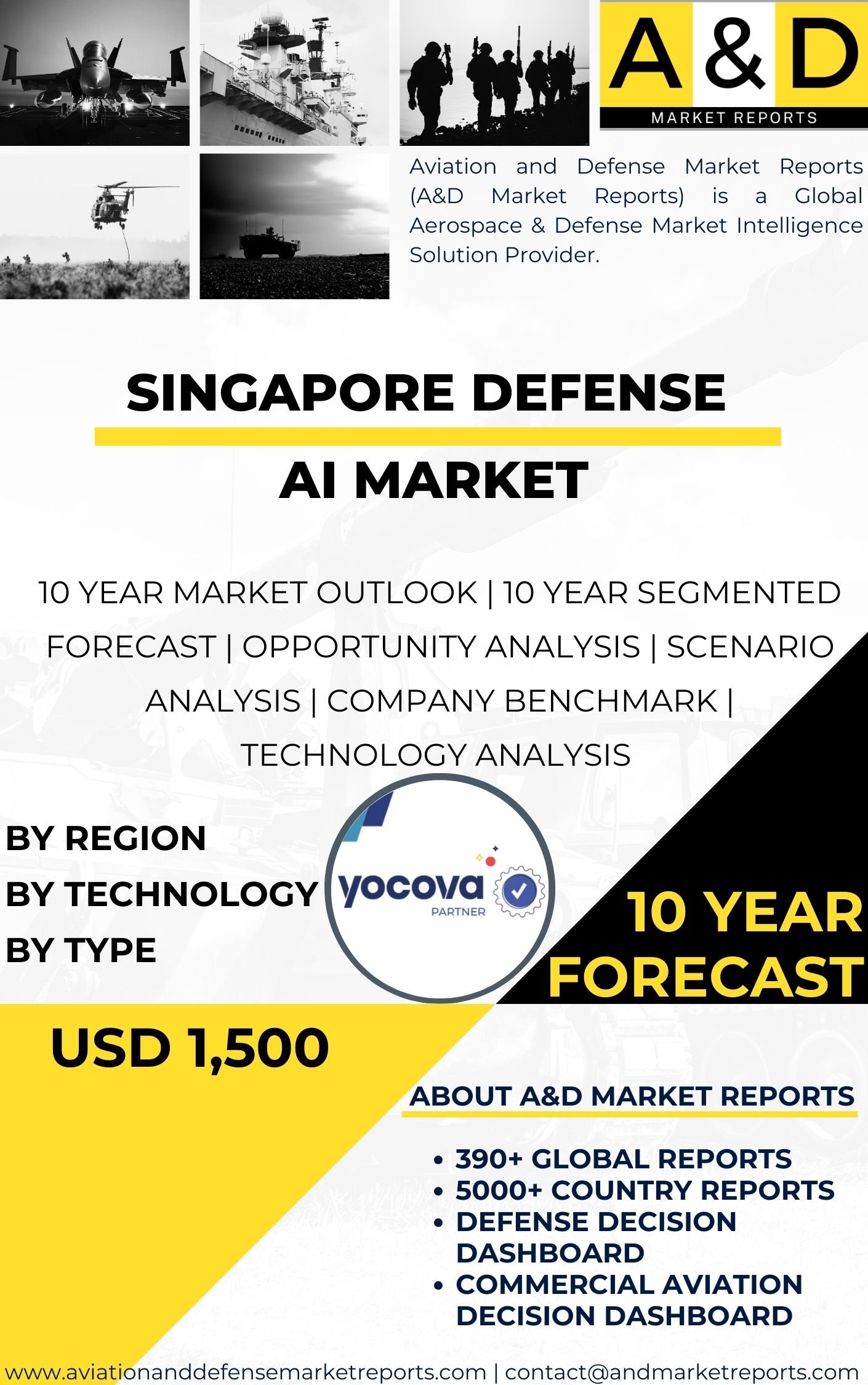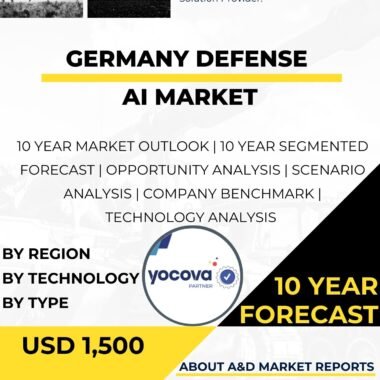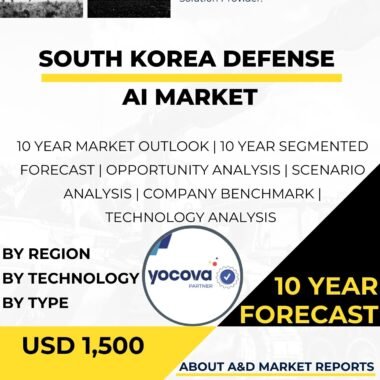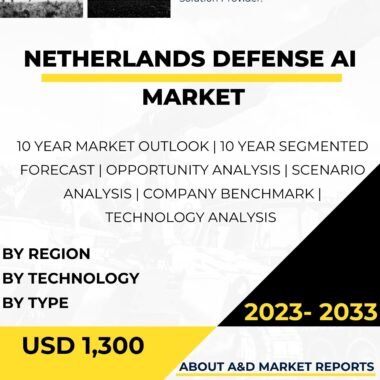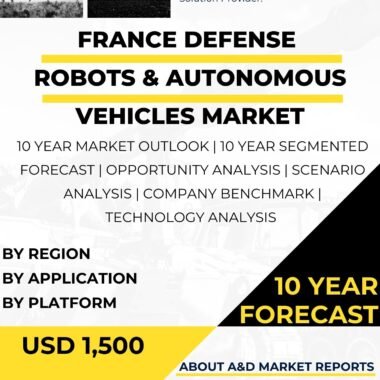Description
Singapore Defense AI Market has grown significantly as the country adopts advanced technologies to enhance its defense capabilities. AI has the potential to transform defense operations through improved decision-making, autonomous systems, and strengthened cybersecurity.
Singapore Defense AI Market Strategic Importance
As a highly advanced and geographically small nation, Singapore faces unique security challenges and relies on cutting-edge technologies to safeguard its territorial integrity. The Singapore Armed Forces (SAF) views AI adoption as essential for building a modern, effective, and technologically sophisticated military.
Singapore Defense AI Market Understanding AI Technologies
AI includes machine learning, natural language processing, computer vision, and robotics—technologies that enable systems to learn from data, adapt to new conditions, and perform tasks traditionally requiring human intelligence.
Singapore Defense AI Market for Data Analysis and Decision-Making
One of the major applications of AI in Singapore’s defense sector is advanced data analytics. AI-powered systems can process massive volumes of data from sensors, satellites, and intelligence sources to generate actionable insights. These tools help military leaders identify patterns, detect anomalies, support strategic planning, forecast operations, and assess threats more accurately.
Singapore Defense AI Market Indigenous R&D and Innovation
Singapore invests heavily in research and development to build AI capabilities tailored to defense needs. Its defense industry focuses on developing advanced AI tools that address mission-specific challenges and improve operational efficiency.
International Collaboration
The country also partners with global defense companies and research institutes to access expertise and next-generation AI technologies. These collaborations help Singapore stay aligned with global innovation trends in defense AI.
AI in Autonomous Systems
AI plays a key role in enhancing the autonomy and performance of unmanned systems. Autonomous platforms—such as UAVs and ground vehicles—use AI to navigate, adapt, and make real-time decisions with minimal human intervention. Singapore actively develops these systems to improve surveillance, reconnaissance, and data collection for enhanced situational awareness.
AI in Cybersecurity
With rising cyber threats, AI-powered cybersecurity solutions are vital for protecting sensitive defense information and critical networks. AI algorithms can detect cyberattacks, analyze anomalies, and respond instantly, strengthening the resilience of Singapore’s defense cyber infrastructure.
Smart Defense and Operational Readiness
The SAF’s investment in AI supports its vision of a smart, adaptive defense force. AI integration across systems improves agility, efficiency, and mission effectiveness, ensuring readiness for emerging threats.
AI in Simulation and Training
AI-driven simulation technologies enable realistic, dynamic training environments. Soldiers can practice complex operations safely and repeatedly, improving preparedness and performance for real-world missions.
AI for Humanitarian and Disaster Relief
AI-powered analytics also support disaster response efforts by processing data from multiple sources and offering insights for crisis management, resource deployment, and recovery operations.
AI in Logistics and Maintenance
Singapore explores AI-powered robotics for logistics, maintenance, and repetitive operational tasks. Autonomous robots improve productivity and reduce manpower demands, contributing to overall operational efficiency.
Ethical and Governance Considerations
As AI adoption expands, ethical concerns related to data privacy, transparency, and algorithmic bias become more prominent. Singapore emphasizes ethical AI development to ensure responsible, compliant, and safe use of AI technologies in defense.
Conclusion
The defense AI market in Singapore has grown rapidly, supported by the country’s commitment to leveraging advanced technologies for national security. AI enhances decision-making, strengthens cybersecurity, enables autonomous systems, and improves simulation, training, and disaster response. Through indigenous innovation, global partnerships, and a strong ethical framework, Singapore continues to build a smart, adaptable, and resilient defense force capable of addressing evolving security challenges.
